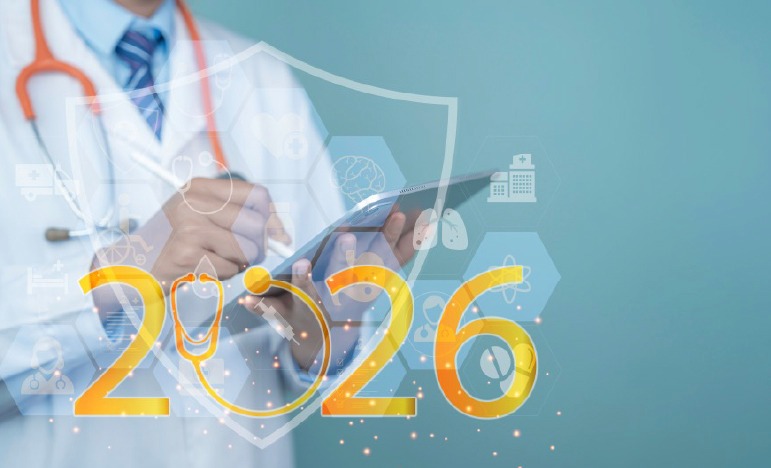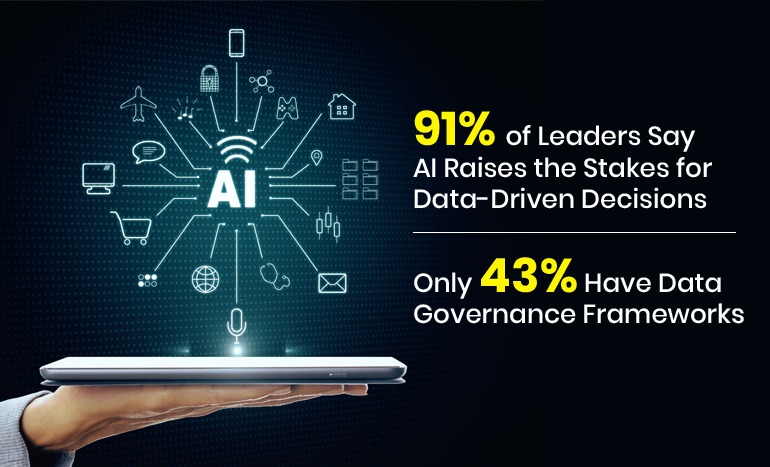The world of microlearning, especially in the context of Continuing Medical Education (CME), is a fascinating one. If you’re wondering what microlearning is, imagine taking a complex topic, breaking it down into bite-sized pieces, and spreading it out over time with plenty of repetition. Sounds manageable, right? This approach not only makes learning less overwhelming but also significantly boosts retention and recall. Now, let’s see how this can be a game-changer for medical professionals.
Why Microlearning Works for Healthcare Professionals
First off, let’s talk about why microlearning is perfect for the medical field. In 2019, a study found that microlearning had a positive impact on the knowledge and confidence of health professionals. They became better at performing procedures, retaining knowledge, and engaging in collaborative learning. Here’s why microlearning could be your new best friend in the medical world:
Context-Rich Training
We all know that medicine isn’t just about book smarts. It’s about applying knowledge in real-world scenarios. That’s where context-rich training comes into play. Microlearning can incorporate simulations of real-life medical emergencies and situations, helping you develop critical-thinking skills. These practical applications of concepts mean that what you learn sticks with you—and you’re more likely to recall it when you need it most.
Take, for instance, a microlearning module that simulates a cardiac arrest scenario. Rather than just reading about the steps, you can interact with a digital simulation that walks you through each critical decision point. This hands-on approach ensures that you’re not just passively absorbing information but actively engaging with it.
Patient-Facing Soft Skills Development
Being a medical professional isn’t just about clinical skills; it’s also about how you interact with patients. Have you ever found yourself in a high-tension situation that, in hindsight, you wish you had handled better? Microlearning can help with that too. By offering small, focused lessons on handling various real-life scenarios, you can improve your soft skills. This means better communication, more empathy, and ultimately, a more comforting experience for your patients.
Imagine a module that presents you with a scenario where a patient is upset about a diagnosis. You get to choose how you respond, and the module provides feedback on your choices, helping you refine your communication skills. Over time, these micro-lessons build up your ability to handle delicate situations with ease.
Availability and Accessibility
One of the biggest perks of microlearning is its flexibility. As a healthcare professional, your schedules are extremely busy. Imagine being able to squeeze in a quick learning session during a coffee break or between appointments. Microlearning modules are designed to be brief and easily accessible, so you don’t have to carve out large chunks of time from your busy schedule. This on-the-go learning style allows you to apply new knowledge directly to your job, sometimes even on the same day.
Plus, with advancements in mobile technology, you can access microlearning modules on your smartphone or tablet. Whether you’re on a lunch break, commuting, or even at home, you can continue your education without disrupting your routine.
Assessments and Quizzes
Who doesn’t love a quick quiz to see how well they’re doing? Microlearning often includes assessments and quizzes throughout the modules. This immediate feedback helps you track your progress and understand how well you’re grasping the material. Plus, repetition reinforces what you’ve learned, ensuring better retention and recall. It’s a win-win!
These assessments are not just about grading you, but also about reinforcing the learning material. For example, a quick quiz after a module on infection control can help cement the steps and precautions you need to follow.
Always Ready for the Unexpected
In healthcare, being prepared for anything is crucial. The dynamic environment means you encounter a wide range of experiences and emergencies. Microlearning keeps you on your toes, constantly updating your skills and knowledge. It ensures you’re always ready to deliver the best possible care, no matter what comes your way.
Moreover, microlearning can be used to deliver training content quickly based on new developments in the medical field. If there’s a sudden outbreak or a new treatment protocol, microlearning modules can be updated swiftly, ensuring you have the latest information at your fingertips without having to wait for the next scheduled training session.
Personalized Learning Experience
One fantastic aspect of microlearning is its ability to provide a personalized learning experience. Unlike traditional training methods, online classroom platforms and microlearning platforms can adapt to your learning pace and style. They can track your progress and suggest modules that fit your specific needs and areas for improvement.
For example, if you’re a cardiologist needing a refresher on the latest heart disease treatments, the platform can recommend the most relevant modules. This targeted approach saves time and ensures you’re focusing on what matters most to your practice.
Collaborative Learning and Peer Interaction
Microlearning also fosters collaborative learning and peer interaction. Many platforms include discussion boards, peer reviews, and group activities that allow you to engage with colleagues. This interaction not only enhances learning but also builds a sense of community and support among medical professionals.
Imagine participating in a case study discussion with peers from around the world, sharing insights, and learning from each other’s experiences. This collaborative element enriches the learning process and provides diverse perspectives on patient care. Each bit of learning that is shared amongst peers can become a small microlearning by itself!
In summary, microlearning is more than just a trendy buzzword; it’s a powerful tool for medical professionals for their continued medical education. It prepares you for unexpected situations, hones your skills, and ensures you’re always providing top-notch patient care. So why not give it a try? Embrace the online classroom platforms / microlearning revolution and see how it can transform your continuing medical education journey.







